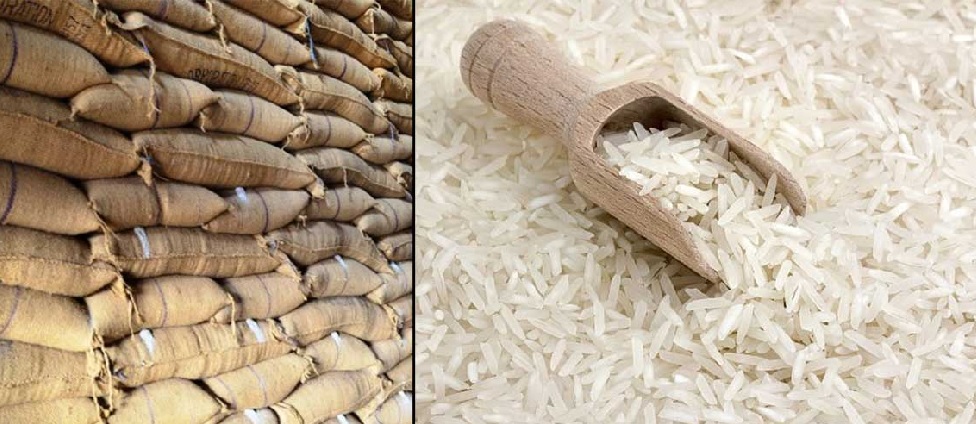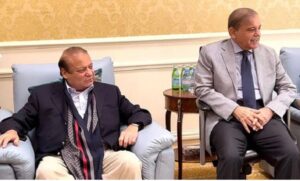Kathmandu, 31 July: The effect of India’s ban on non-basmati rice is visible in Nepal. 20 percent of the country’s total consumption of rice has been imported from India itself.
Out of the consumption of about 70 lakh metric tonnes of rice, 15 lakh metric tonnes of rice has been imported from India. Government figures show that rice worth about Rs 1500 crore was imported from India in the last financial year.
As soon as the news of the ban came in the Nepali society, which is dependent on the import of rice on such a large scale, from the general public to the businessmen have started storing rice. Due to this, complaints of black marketing and price rise of rice are continuously coming.
In view of this, the Government of Nepal has taken an important decision.
Following the instructions of the Prime Minister, it has been decided in the meeting of the high officials of the concerned ministry to stop black marketing of rice, to control the price rise and to continuously follow the market so that there is no shortage of rice for the general public.
In a meeting held under the chairmanship of Vaikunth Aryal, Chief Secretary, Government of Nepal, serious discussions were held on the circumstances after India’s export of rice was banned in the country.
In the statement issued after this high-level meeting, it has been informed that a decision has been taken to conduct regular market monitoring across the country to stop black marketing of rice and control price rise.
Under the leadership of the Secretary of the Prime Minister’s Office, the Home Ministry, Planning Commission, National Vigilance Center, Ministry of Agriculture, Ministry of Supplies, including representatives of various government investigative agencies have been informed.
After the meeting, Supply Secretary Mukund Niraula said that apart from government godowns, it has been decided to start storage of rice in private sector godowns as well so that there is no shortage of rice in the homes of common people.
He informed that strict monitoring will be done to prevent black marketing of rice by both technical and human means. Along with this, the government is conscious that there should be no increase in prices under the guise of ban.
Industries, Commerce and Supplies Minister Ramesh Rijal said that diplomatic efforts are also being made by the government to keep Nepal out of the rice ban decision.
Minister Rijal argues that India had banned the export of many items including food grains even during the time of Corona, but after the request of the Government of Nepal, all items including food grains were exempted from the restrictions under a special arrangement.
The Government of India had last year decided to impose an additional tax of 20 percent on the export of rice, but after the Government of Nepal requested to waive it on humanitarian grounds, India exempted rice exports up to six lakh metric tonnes from the tax net. Had done it.
At present, rice was being imported in Nepal under the same quota. In the latest decision of the Government of India, after banning the export of rice being sent under the relief quota, the Government of Nepal has stepped up diplomatic efforts to avoid any kind of uncomfortable situation.





